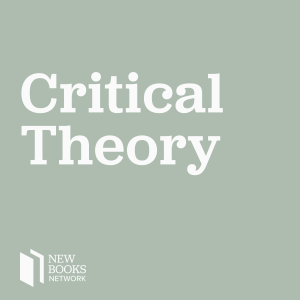
Alexander Zevin, "Liberalism at Large: The World According to the Economist" (Verso, 2019)
 2020-05-06
2020-05-06
Download
Right click and do "save link as"
The Economist is a curious publication. It always takes a point of view (as opposed to the all-the-news-that’s-fit-to-print approach). It maintains a uniform voice (editors and writers are typically handpicked from the same elite British universities, and rarely are there author bylines). And it has lasted a long time, originating back in London’s free-trade debates of the 1840s and continuing to be one of the most widely read magazines in the world. The Economist was a guiding hand in debates over imperialism, decolonization, and globalization.
For all these reasons, The Economist also provides a useful window through which to peer into the history of liberalism. This is exactly what Alexander Zevin does in his perspicuous and provocative new book Liberalism at Large: The World According to the Economist (Verso Books, 2019). By examining The Economist, Zevin, an assistant professor of history at City University of New York and an editor at The New Left Review, helps us see what he calls “really existing liberalism”––that is, a liberalism that rooted for empire, embraced finance, and has always wielded an ambivalence towards democracy. This is a book that we will be talking about for a long time.
Dexter Fergie is a PhD student of US and global history at Northwestern University. He is currently researching the 20th century geopolitical history of information and communications networks. He can be reached by email at dexter.fergie@u.northwestern.edu or on Twitter @DexterFergie.
Learn more about your ad choices. Visit megaphone.fm/adchoices
view more
More Episodes
012345678910111213141516171819
Create your
podcast in
minutes
- Full-featured podcast site
- Unlimited storage and bandwidth
- Comprehensive podcast stats
- Distribute to Apple Podcasts, Spotify, and more
- Make money with your podcast
It is Free
- Privacy Policy
- Cookie Policy
- Terms of Use
- Consent Preferences
- Copyright © 2015-2024 Podbean.com





